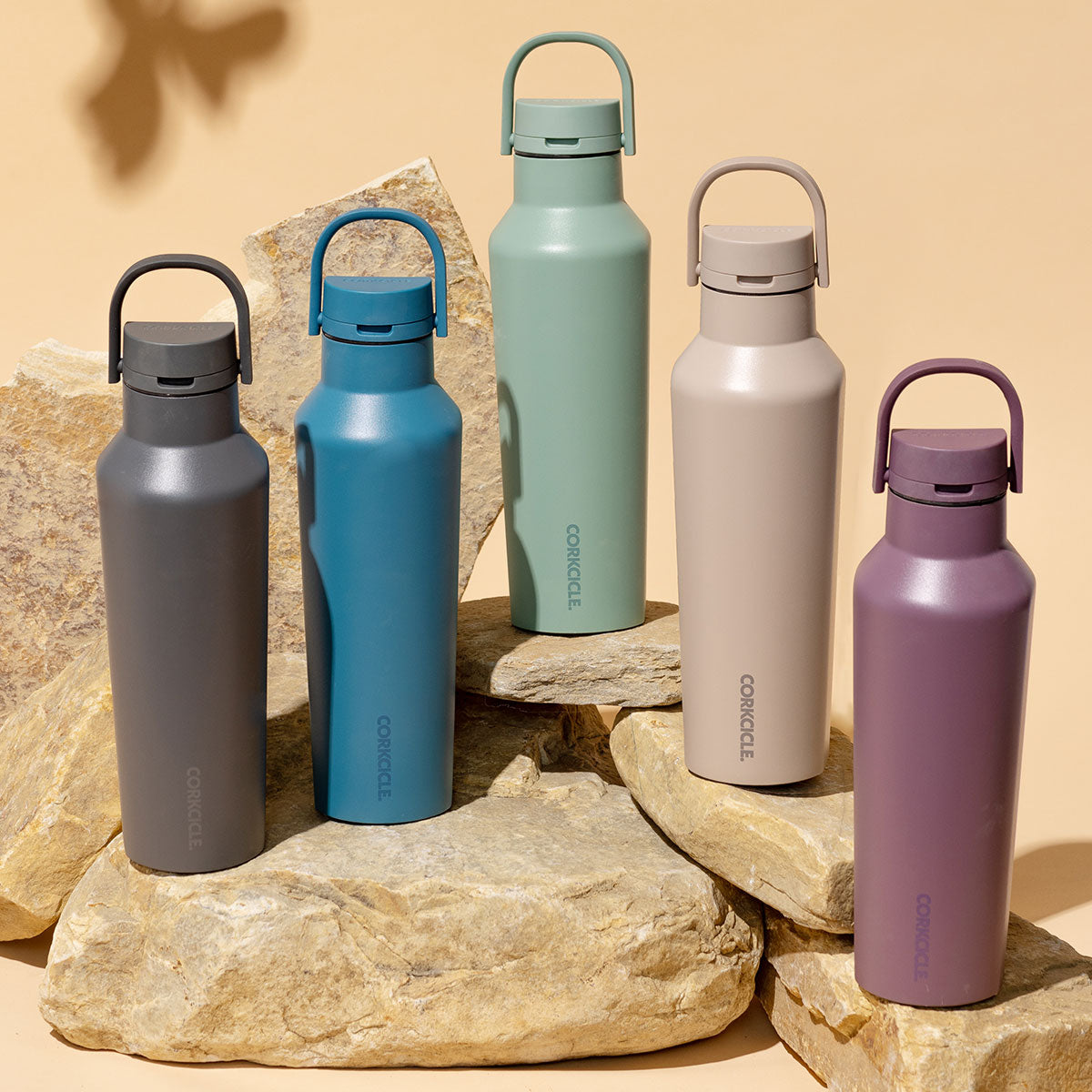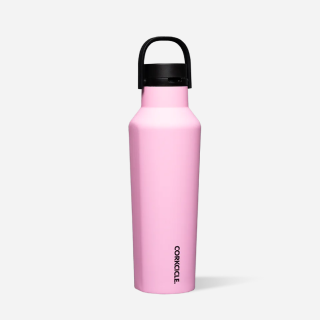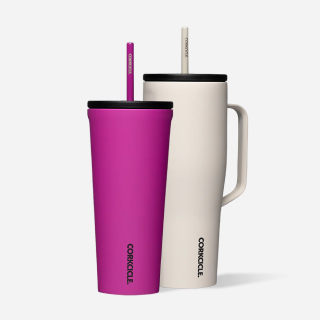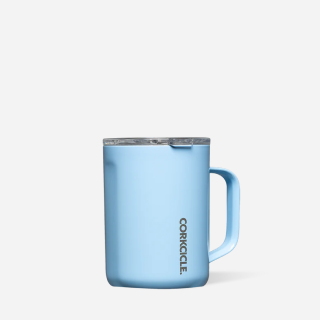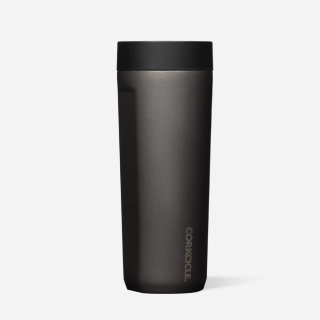Starting Your Gardening Journey
Are you dreaming of cultivating your own garden but don't know where to start? Maybe you've gone on a trip to your local garden center and felt overwhelmed by the vast array of tools and equipment. Or perhaps you've attempted gardening before but ended up with wilted plants despite your best efforts. Gardening can indeed be a challenging task, ranging from knowing the right soil to use to choosing the best plants for your climate.
We've all been there! We made this guide to help you take on the world of gardening by breaking down the essential garden tools every beginner needs, plus tips on how to use and maintain them. With the right knowledge, you'll grow your garden with confidence. Read on, and let's get our hands dirty as we dig into the basics of gardening!
Basic Tools for Every Beginner Gardener
Every gardener needs a foundational set of tools to start cultivating their garden. Here are some of those garden essentials:
- Gardening Gloves - An essential tool for protecting your hands from dirt, thorns, and other irritants. Gloves also provide a better grip while handling tools, especially when they're wet and slippery.
- Hand Trowel - Used for digging small holes, planting seedlings, and other tasks that need precision.
- Pruning Shears - Perfect for trimming and shaping plants to make sure they're healthy and neat. A sharp pair of shears is the right tool for making clean cuts that help avoid plant diseases by cutting the source of the infection.
- Garden Fork and Spade - These tools help with turning and mixing the soil, blending in nutrients, and ventilating your garden bed.
- Watering Can or Garden Hose - These tools are essential for keeping your garden hydrated. You can use a watering can with a long spout for more precision, while a garden hose with a watering wand attachment is ideal for larger gardens. For additional convenience, consider keeping an insulated water bottle on hand to keep yourself as hydrated as your plants!
Soil Management Essentials
Watering Solutions for Healthy Plants
Proper watering is crucial for the health of your garden. Depending on the size of your garden and the types of plants you have, you might choose a simple watering can for its ease of control or a garden hose for its efficiency in watering larger areas.
- Tip: Invest in a watering wand attachment for your hose to gently water young seedlings or delicate flowers, which mimics natural rainfall.
Plant Health and Maintenance
Mulching and Composting Basics
Mulching and composting are important gardening practices for maintaining healthy soil and plants. Mulch helps retain soil moisture and regulate temperature, while a good compost provides a nutrient-rich additive that can enrich your soil.
- Tip: Make a compost bin to recycle kitchen scraps and yard waste into healthy fertilizer for your garden. Not only is it sustainable, but it’s also incredibly beneficial for your plants! You can use hard coolers to store compost materials temporarily while you gather enough to add to your bin.
Natural Pest Control Methods
Keeping pests at bay is vital for the health of your garden. Choose natural pest control methods like helpful insects, using neem oil, or creating barriers with soil.
- Tip: Plant marigolds around the perimeter of your vegetable garden. The scent of these flowers naturally repels many garden pests.
Organizational Tools for an Efficient Garden
Plant Labels and Garden Planners
Keep your garden organized and efficient with plant labels and a garden planner. Using labels can help you track your plant types and monitor their growth, while a planner can guide your daily and seasonal activities to make sure your garden is well-maintained.
- Tip: Use a garden planner to schedule tasks like sowing, pruning, and harvesting, ensuring nothing is forgotten.
Storage Solutions for Garden Tools
Proper storage extends the life of your gardening tools. Invest in a tool shed or designate a space in your garage for garden tools. Hang larger tools on hooks and keep smaller tools in bins or drawers labeled by type or use. Keeping tools clean, sharp, and properly stored prevents rust and wear.
- Tip: Use a water bottle sling or crossbody bag to carry smaller tools and accessories around the garden easily and keep your hands free.
Protective Gear and Comfort Items
Gloves and Knee Pads for Safety
Protective gear is not just about comfort, but it’s also essential for your safety. Wear durable gloves to protect your hands and knee pads to save your knees from scrapes or scratches when planting or weeding.
Sun Protection and Hydration
Long hours in the garden can expose you to the sun and lead to sunburn and dehydration. Make sure to wear accessories like a wide-brimmed hat, use sunscreen on exposed body parts, and keep hydrated with a canteen bottle or 40 oz tumbler.
The perfect morning routine can start with sipping a mug of coffee in your garden as you review what’s on your day’s gardening agenda and prepare the necessary tools and accessories for the day. These tasks help in blending peaceful mornings with productive gardening.
- Tip: Include other comfort items that you may need for a day at the garden, like an insulated lunch box for your food, a bucket bag cooler for your beverages, and other items like medications, if applicable. You can also use a sling bag to store your water bottle and other important items, especially if you’re roaming around a large garden.
Expanding Your Gardening Toolkit
Advanced Tools for Specific Tasks
As your garden grows and your skills develop, you might find yourself needing more advanced tools to handle specific tasks, including:
- Bypass Pruners - Used for precise cutting and ideal for plants that need careful pruning.
- Garden Hoe - Perfect for weeding and cultivating the soil around plants.
- Leaf Rake - Essential for gathering leaves and other debris to clean your space without damaging your plants or garden bed.
- Fertilizer Spreader - If you have a large garden, a spreader can help you evenly distribute fertilizer or seeds for effective growth.
Tip: Look for tools with ergonomic designs that reduce strain on your body, and opt for those made with high-grade materials to withstand heavy garden work.
Safety Measures that Ensure a Worry-free Gardening Day
Gardening is a peaceful activity, but it’s important to stay safe as you dig, plant, and prune:
- Proper Footwear - Always wear high-quality, sturdy shoes or boots while gardening to protect your feet from sharp objects and provide support for various tasks around the garden.
- Eye Protection - Wear sunglasses or safety goggles when using power tools or working under thick foliage to protect your eyes from UV rays, sharp objects, and debris.
Documenting your Gardening Journey
Gardening isn’t just about the end product—it’s also about enjoying the journey and learning valuable things along the way. Document your progress with photos or keep a garden journal. These memories can serve as a wonderful reflection of your growth as a gardener!
Cultivate Your Green Thumb with Corkcicle
Armed with the right tools and knowledge, you’re ready to grow your gardening skills from a newbie to an expert! Remember, every gardener starts somewhere, and with the right knowledge you can ensure that your garden is not only a source of beauty but also a place of relaxation and joy!
Visit Corkcicle for more insights and tools that can help enhance other daily activities. Whether you're looking for the perfect water bottle to help you stay hydrated or rejuvenating self-care Sunday ideas, we're here to help you make the most of your time outdoors. Embrace the dirt, enjoy the sun, and happy gardening!
